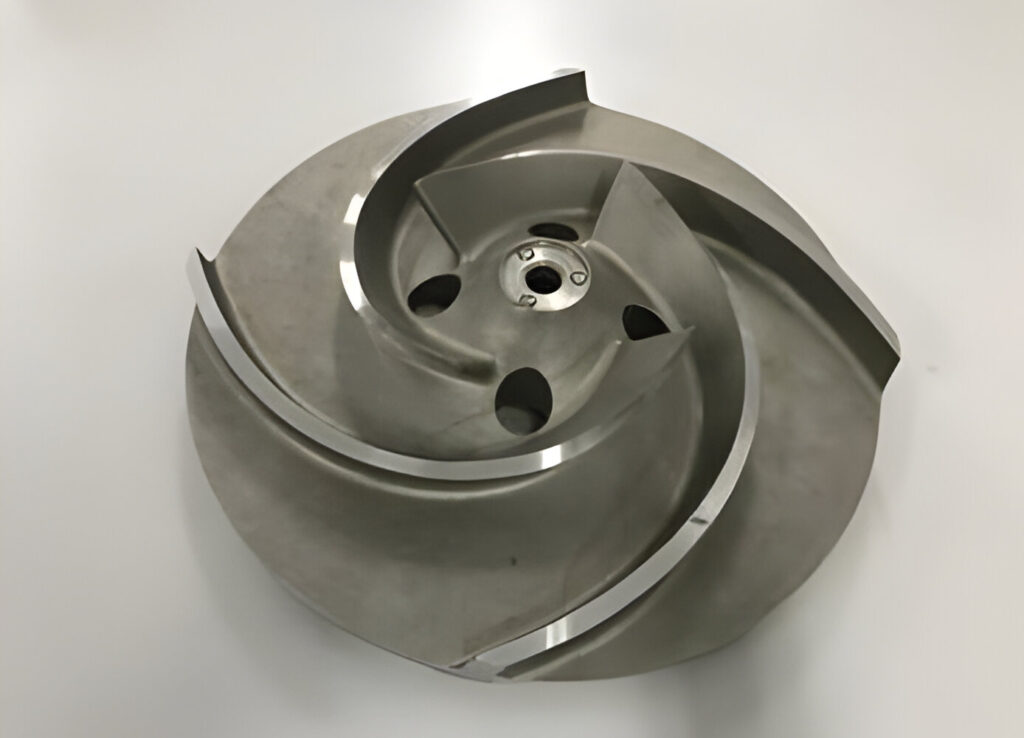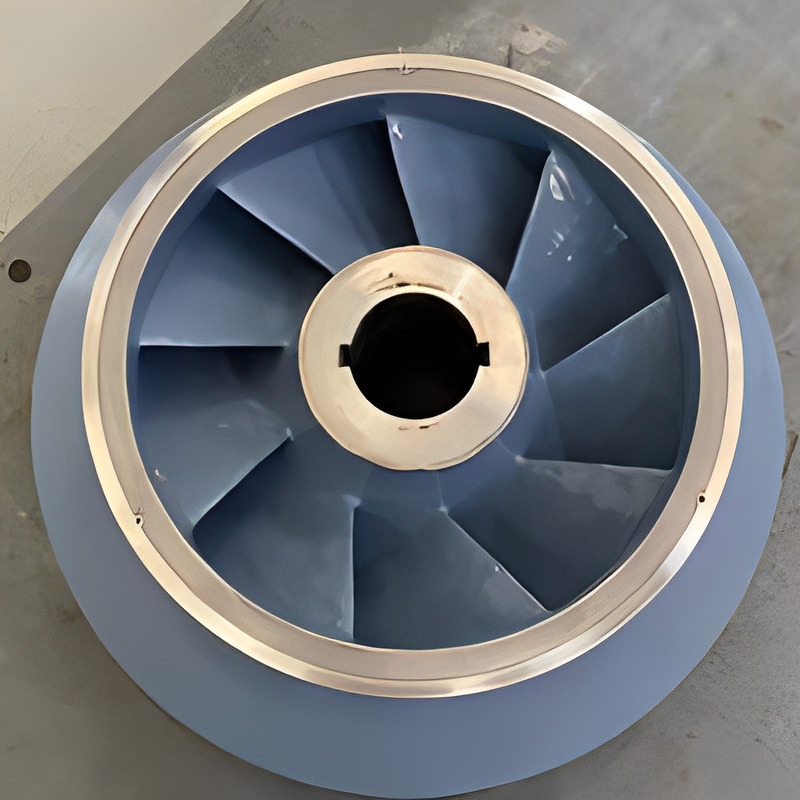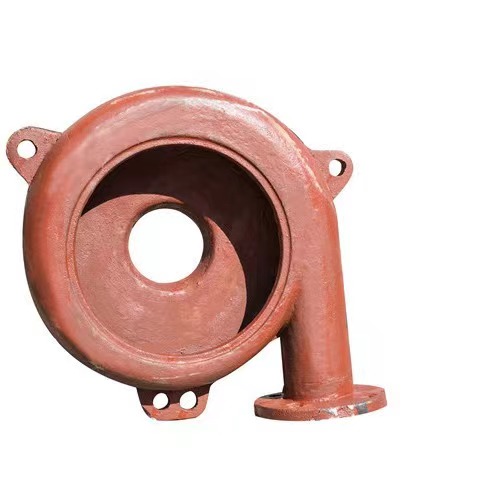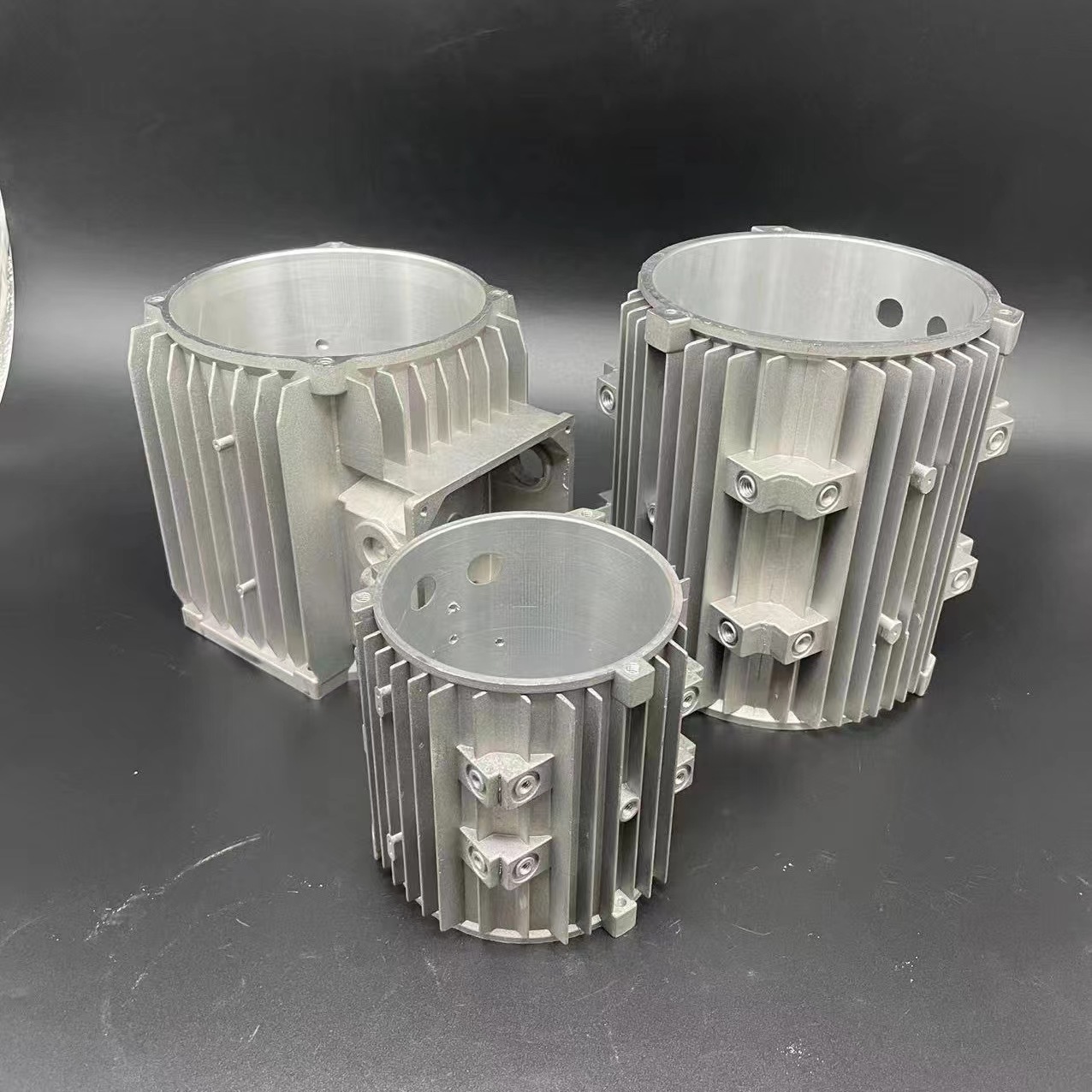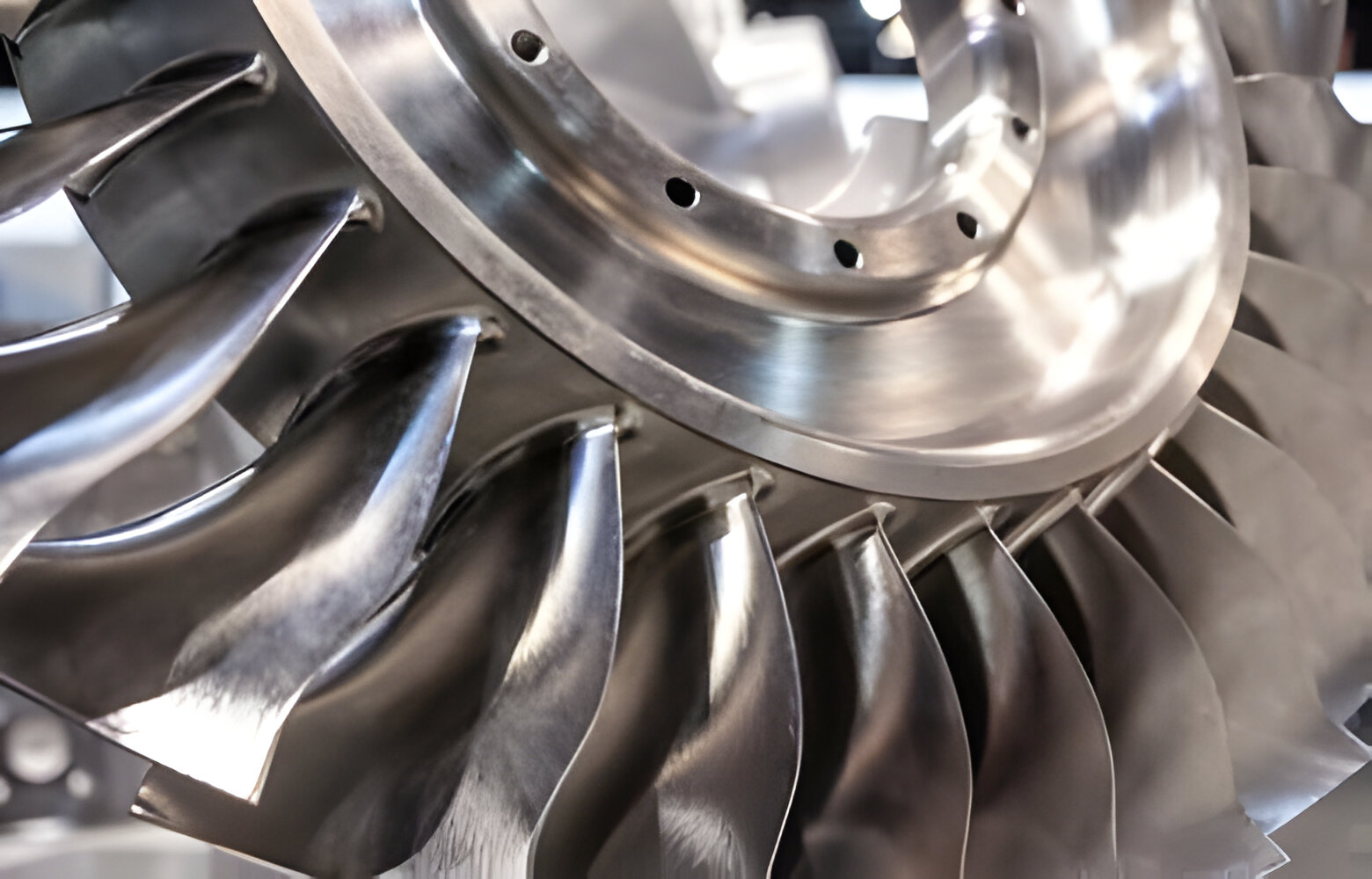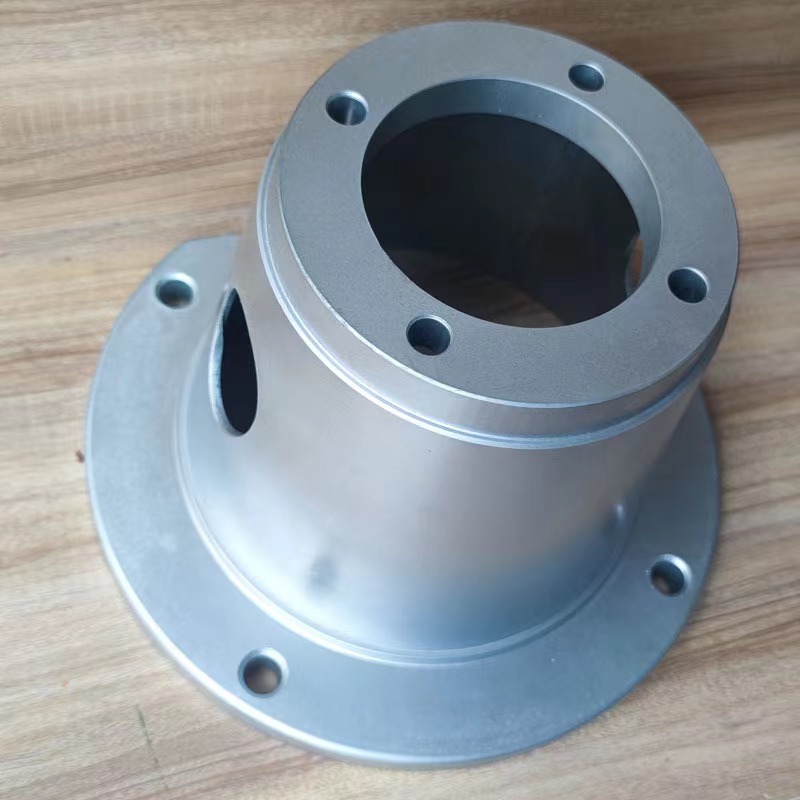Pump impellers are at the heart of many industrial and residential systems, propelling fluids through countless applications worldwide. An impeller's design and material composition significantly influence the efficiency and longevity of pumps. This article will delve into the types of pump impellers, their practical applications, and guidance on sourcing high-quality impellers from reputable manufacturers.
What is a Pump Impeller?
A pump impeller is a rotating component of a centrifugal pump which transfers energy from the motor that drives the pump to the fluid being pumped by accelerating the fluid outwards from the center of rotation. The design of the impeller affects the operation of the pump significantly, including its flow rate and pressure output.
Types of Pump Impellers
There are several types of pump impellers, each suited to specific pumping needs:
- Closed Impellers: Enclosed on both sides, suitable for pumping oils or other liquids where efficiency is paramount.
- Semi-open Impellers: Have a back wall that adds mechanical strength, ideal for handling suspended solids.
- Open Impellers: No walls, best for applications involving high levels of solids like wastewater treatment.
Materials Used in Impeller Casting
The choice of material for casting pump impellers affects their durability and performance:
- Cast Iron Impellers: Widely used for their cost-effectiveness and sufficient durability for water applications.
- Bronze and Stainless Steel: Better for more corrosive or high-wear environments.
Practical Applications
Pump impellers are utilized in various industries, reflecting their versatility:
- Water Treatment: Water pump impellers ensure a steady flow and pressure in filtration systems.
- Chemical Processing: Corrosion-resistant impellers like those made from stainless steel are crucial in aggressive environments.
- HVAC Systems: Impellers in heating and cooling systems circulate air and fluid efficiently throughout buildings.
Choosing the Right Impeller
Selecting the right impeller involves considering several factors:
- Flow Requirements: The impeller size and design should match the flow rate and pressure required by the application.
- Operating Conditions: The material must withstand the temperature, chemical properties, and abrasiveness of the fluid.
- Energy Efficiency: Highly efficient impellers reduce operational costs over time.
Where to Buy High-Quality Impellers
For those in need of high-quality cast impellers, including water pump impellers and more specialized cast iron pump impellers, KT Foundry offers an extensive range of products. Our impeller castings are manufactured with precision, ensuring high performance and longevity. We cater to a wide array of industries, with bespoke solutions available to meet unique requirements.
Visit our website at [kt-foundry] to explore our products and learn more about how our impeller solutions can improve your systems' efficiency and reliability. Contact us today to discuss your needs with our expert team, who can guide you to the perfect impeller choice for your application.
Understanding the nuances of pump impellers is crucial for selecting the right component for your pumping needs. With the right impeller, you can enhance system efficiency, reduce operational costs, and ensure long-term reliability. Whether you are upgrading an existing system or building a new one, consider the design, material, and manufacturer carefully to get the best performance out of your pumps.

